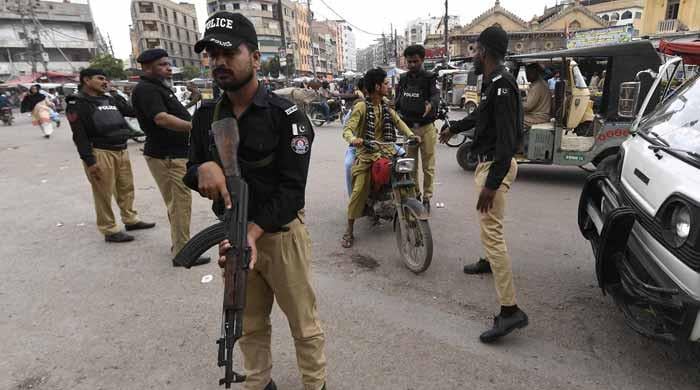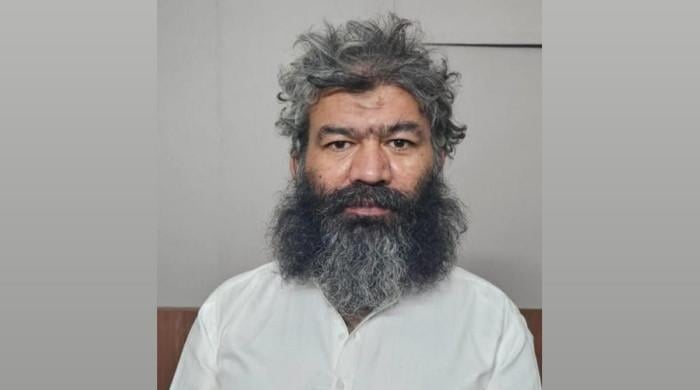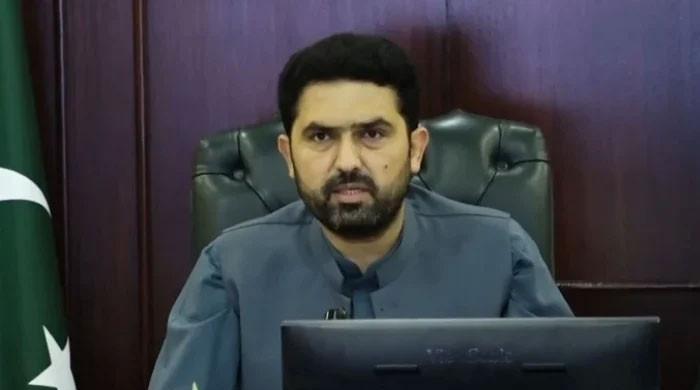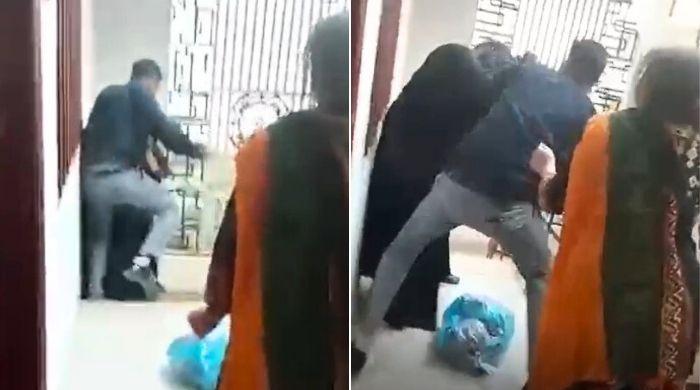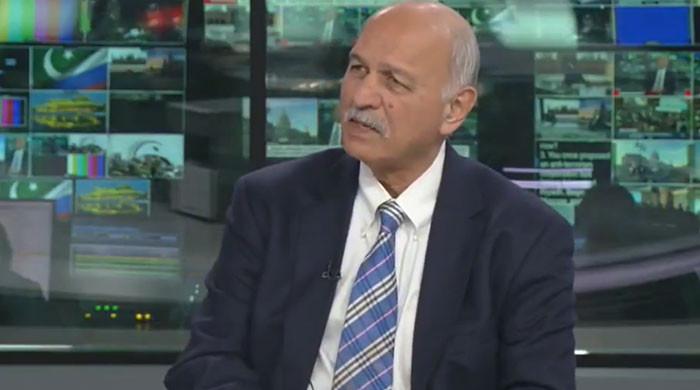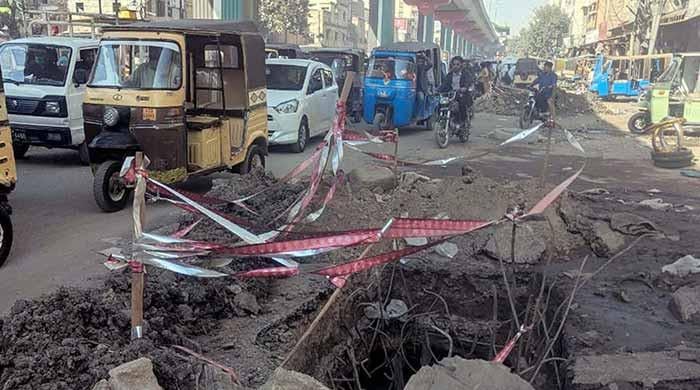Military under Bajwa reaching out to India but New Delhi hostile: RUSI
The report says that despite continued tensions and fire-fights in Kashmir at their fiercest for a decade, Pakistan’s generals want to talk and feel the ball is in India’s court
May 05, 2018
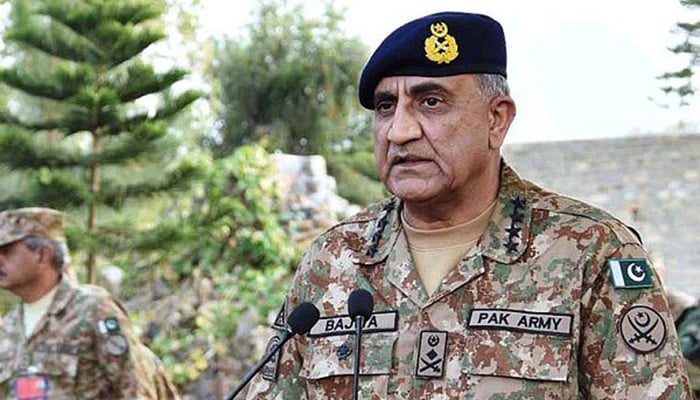
LONDON: A commentary published by UK think-tank Royal Unites Services Institute (RUSI) has said that Pakistan’s military chief General Qamar Javed Bajwa realises that the way to peace and prosperity in Pakistan is through military cooperation with India but New Delhi is not reciprocating approaches made by Pakistan’s senior military officers.
The RUSI’s expert on South Asia and Middle East Kamal Alam has written in a report published by the RUSI that it was a “historic first” that General Qamar Javed Bajwa invited Sanjay Vishwasrao, the Indian military attaché, and his team to the Pakistan Day military parade in Islamabad this year and then General Bajwa said two weeks later that the Pakistan military wanted peace and dialogue with India.
The report said that the two countries will also take part in joint military drills in Russia in September, with Chinese participation, which shows that there is a change in attitude since Bajwa became COAS in November 2016. It says, “These initiatives come against a background of almost weekly exchanges of fire along the Line of Control in Kashmir.”
Approaches by Pakistani military have been welcomed by some in India, because they are seen to be able to deliver on peace, said the report while adding that senior Pakistani officer Lieutenant General Aamir Riaz headed the first-ever high-level contact group with India as Director-General Military Operations. It mentioned Major General Ahmed Hayat’s so-called India Plan authored in 2013, which tried to ascertain how and when Pakistan should approach India.
General Hayat had concluded that the Pakistani military would approach India once Pakistan’s own defence diplomacy was strengthened and not under American threats or pressure. The report said: “A siege mentality in the Pakistani General Headquarters in Rawalpindi has meant that there has been practically no major defence diplomacy between the arch-rivals. However, since the army launched anti-terror operations Zarb-e-Azb in 2014 and Radd-ul-Fassad in 2017, Pakistan has seen a turnaround in its security. The generals also feel that this strengthens their bargaining power with the US after President Donald Trump accused the Pakistanis of ‘lies and deceit, thinking of our leaders as fools. They give safe haven to the terrorists we hunt in Afghanistan, with little help. No more!’ Pakistan has also embraced Russia and strengthened ties with Turkey and China.
The report said that despite continued tensions and fire-fights in Kashmir at their fiercest for a decade, Pakistan’s generals want to talk and feel the ball is in India’s court.
Speaking to this correspondent about his report, Kamal Alam, the RUSI Pakistan Defence Fellow, who liaises with the RUSI International Security Team, said that Pakistan wants stability with India and not “constant warm”.
He added: “The economic growth of CPEC has to welcome all regional countries including India. This is also the view of COAS and other Generals. But India seems hesitant and opposed to dialogue. How long can India be hostile when Pakistan Army is stretching its hand out to them?”




